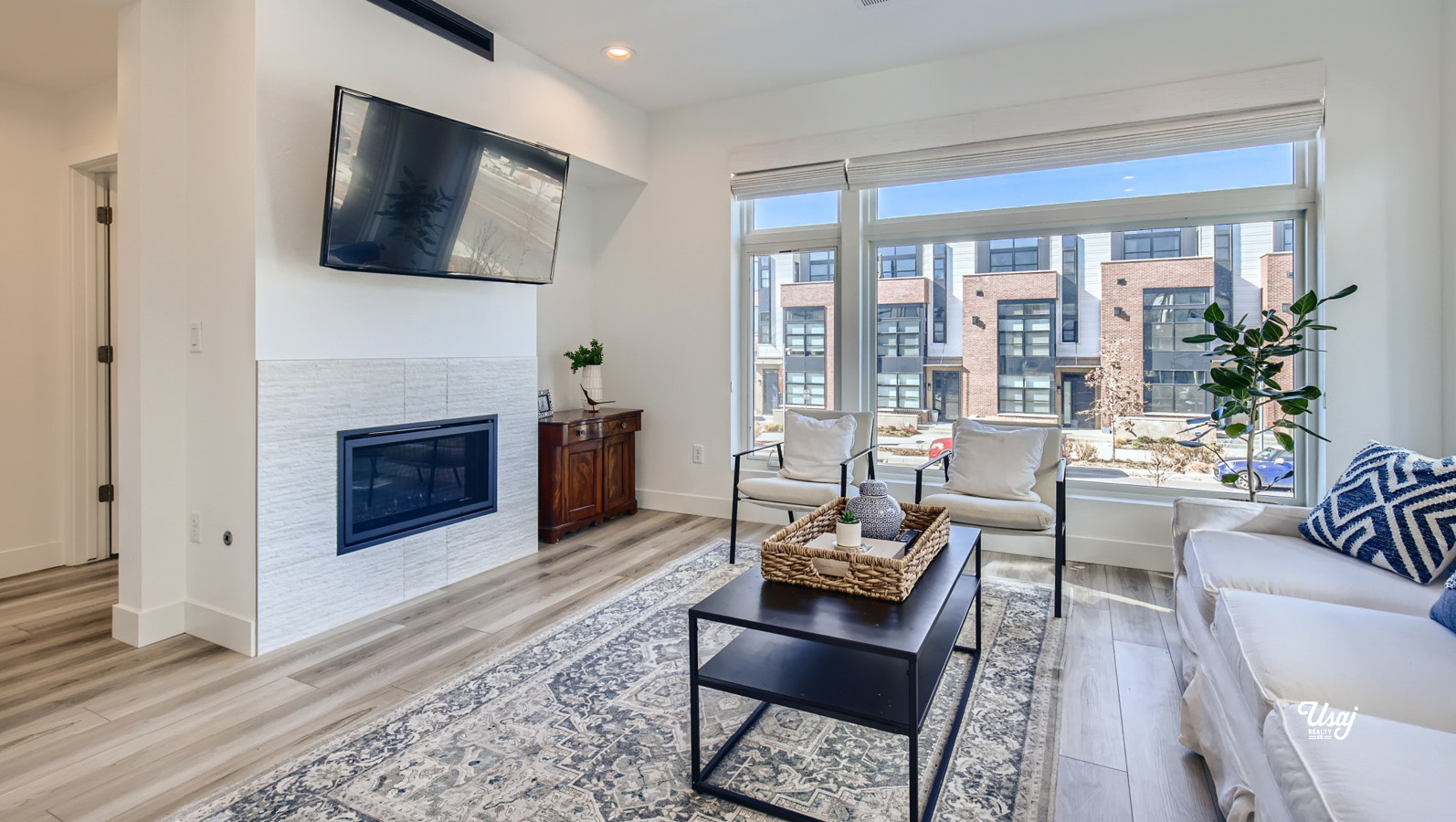Are you ready for today’s good news, bad news outtakes on the Denver real estate front? Let’s start with the good news!
Building Permits are on the Rise
On the upside, private housing structure permits in the Denver-Aurora-Lakewood region have been increasing since January of this year. According to Federal Reserve Economic Data, the Denver metro area in March of 2022 posted the highest number of building permits (3,113) in over 20 years. The last time permits tallied this many was way back in September of 2001 (3,469). These building permits included all private housing structures including multi-family homes.
And specifically, single-family home permits have risen as well. Since January of 2022, permits for this category have steadily increased, and last month posted their highest level – 1,378 – since June 2006. Yes, 2006!
Despite a few blips here and there, the number of single-family home building permits has been mired below 1,000 each month for well over 10 years in the Denver area. It’s important to note that this data group represents the total number of building permits for one-unit structures: fully detached, semi-detached, side-by-side, row houses, and townhouses (not condos or any building that shares heating, A/C or utilities, common facilities and are built on top of each other).
Home Inventory Still Can’t Keep Up With Demand
This positive news is tempered by the fact that the Denver area still faces a huge shortage of housing. The demand for single family homes can’t keep up with the supply which is also a nationwide problem.
“A lack of existing inventories should be positive for building activity,” said Rubeela Farooqi, chief U.S. economist at High Frequency Economics in White Plains, New York recently commented. “However, high input costs and shortages, of both labor and materials, remain headwinds for builders. Rising mortgage rates that crimp demand will also be a consideration for building activity going forward.”
Nationwide, Colorado is faring better than other parts of the country when it comes to homebuilding. Reuters reports that single-family housing starts in the U.S., which account for the biggest share of homebuilding, dropped 1.7% to a seasonally adjusted annual rate of 1.200 million units in March. Single-family homebuilding plummeted in the Northeast. It also fell in the West and densely populated South, but rose in the Midwest.
Colorado Public Radio reports that the inventory of active home listings in the Denver area has fallen more than 60 percent since the start of the pandemic, to record lows, according to data from Realtor.com.
CPR states that builders have lagged significantly behind population growth in the state. “Colorado still hasn’t eclipsed the home building levels from before the Great Recession more than a decade ago, though there are signs that’s changing with home construction permits rising quickly in recent months. Metrostudy found a 22 percent increase in single-family home construction starting last year.”
But don’t expect the new construction to make a big dent in prices or inventory with demand being so high.
Denver Has Maxed Out Its Available Land for Single Family Homes
According to an article in the Denver Post from last summer, … “with Lowry (neighborhood) built out and Central Park, which occupies the former Stapleton Airport site, almost done with its 12th and final neighborhood, Denver simply doesn’t have as much land as it once did to accommodate single-family homes.”
Furthermore, the permitting process was slowed down dramatically in Denver during the pandemic, much more so than in other metro area counties.
Patrick Hamill, chairman and CEO of Oakwood Homes, told the Denver Post that remote work arrangements caused a loss of synergy and productivity in Denver, bogging down the approval process more than was the case in Adams or Douglas counties. Even though Oakwood had buyers beckoning and the land to accommodate them, it permitted 90 fewer homes in Denver in 2020 than in 2019, in large part due to the pandemic.
Home Inventory Remains Under Supplied and Will Remain so for the Near Future
The uptick in new housing starts in the Denver metro area may signal that homebuilders are getting serious about resupplying the market with new homes, despite ongoing issues with the supply chain and persistent inflation. It goes without saying that existing home sales alone cannot fill the demand of people wanting to own their own home.
Even with an increase in new construction over the past year, markets across the U.S. remain under-supplied, according to data collected for Mansion Global by Realtor.com. The data is based on sales from November 2020 through October 2021, and new construction permits for the 2021 calendar year through November, the latest numbers available at press time. The article states that of 338 U.S. metro areas analyzed, only nine (2.6%) showed construction permits outpacing sales, including Austin, Texas; and Provo, Utah.
“[New homes] are a small but really important segment of the housing market, especially now because new construction has lagged behind household formation for so many years,” said Danielle Hale, chief economist for Realtor.com. “We estimate that there’s a 5.2 million home deficit, where household formation has outpaced single-family-home building, so that’s a pretty big hole for us to dig out of.”
In conclusion, we can only hope that building materials will start to become more available and the labor workforce in the trades will improve over the next few years to help improve the housing market and create much needed new construction.




